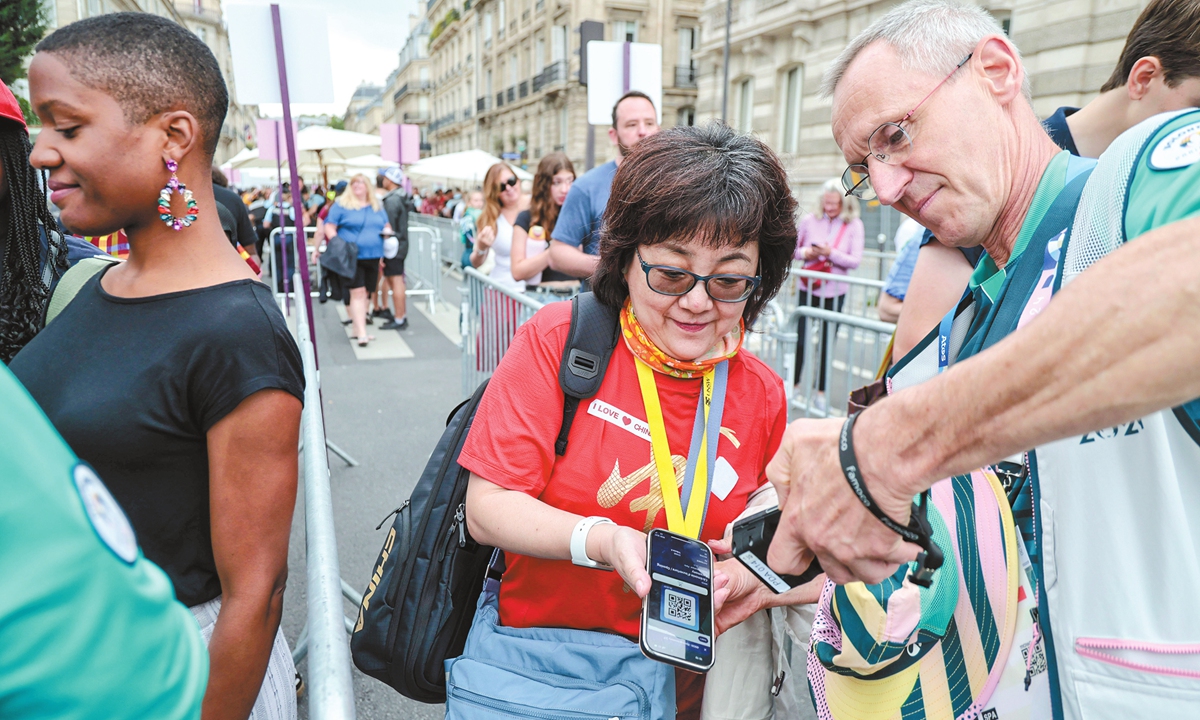Paris bans beggars from popular tourist hotspots

The Champs Elysées is one of three popular tourist and shopping areas in Paris decreed as no-go zones for beggars. Photograph: Alamy
The glittering Christmas window displays in
Paris's luxury stores are often offset by a shivering person begging for coins nearby, huddled behind a cardboard sign saying "hungry".
French authorities have to decided to ban beggars from popular Christmas shopping streets and tourist hotspots over the Christmas periodAuthorities in Paris have introduced a controversial ban on beggars in several parts of the
French capital, in a move they say is aimed at protecting foreign visitors. Police have been ordered to arrest or fine 'aggressive beggars' in popular shopping locations and tourist hotspots.
The ban was first introduced on the Champs Elysée, intially from September until January, but has now been extended to next summer. Other no-go zones include the areas surrounding the Galeries Lafayette and Printemps department stores, as well as the
Louvre museum and Tuileries Gardens.
The ban is said to target beggars organised by Mafia gangs. Three hundred cases of illegal activity, including fraudulent money making petitions, have already been reported over the past three months on the Champs Elysée.
The move has faced criticism from the Paris' socialist mayor, Bertrand Delanoë. He says it is a 'PR stunt' designed to stigmatise part of the population. He added that fighting poverty with repression and fines at such a time when the government is failing its own obligations to house vulnerable young people and provide emergency accommodation, is shocking.
Paris bans beggars from most popular shopping and tourist hotspotsFrench authorities claim no-go zones aim to stop pestering of foreign visitors by 'delinquents' run by criminal gangs By Angelique Chrisafis in Paris - guardian.co.uk
With the French economy in crisis and the looming spectre of another recession, Paris's poor and homeless people are more present than ever in doorways and metro entrances. Campaigners have demanded action on the country's housing crisis. Instead President
Nicolas Sarkozy has launched a war on beggars, setting himself against Paris's popular mayor.
Sarkozy's interior minister and long-time right-hand man,
Claude Guéant, has issued a series of decrees banning begging around Paris's most popular Christmas shopping and tourist spots. He says arresting and fining beggars is crucial to stop foreign visitors being pestered by begging "delinquents" run by organised mafia gangs.
The Champs Elysées was first on his list with a begging ban from September to January, which has been extended to next summer. Now two more Christmas begging no-go zones have been created: around the famous Galeries Lafayette and Printemps department stores, as well as the Louvre and the Tuileries Gardens.
Critics call it the latest round in Sarkozy's campaign against
Roma and Gypsies. Guéant claimed that the anti-begging decrees were part of a "merciless fight" against "Romanian criminality".
He said Romanian criminals accounted for one in six appearances in Paris courts and half of those arrested were minors. The anti-begging policy targets practices such as collecting money for bogus petitions, said to be carried out by Roma girls and teenagers.
Guéant has contracted 33 Romanian police officers to help the Paris force round up beggars on the Champs Elyssés. He said of the 300 cases of illegal activity recorded in three months on the Champs Elyseés, almost all were Romanian nationals, adding that organised crime networks were "particularly cruel".
But the Socialist mayor of Paris,
Bertrand Delanoe, France's most popular politician, called it a cheap "PR stunt" designed only to "stigmatise part of the population". He said: "Wanting to fight poverty by repression and fines is shocking at a time when the state isn't fulfilling its obligations in housing vulnerable young people or providing emergency accommodation."
He said Guéant was targeting some of the city's poshest areas while ignoring real problems in other neighbourhoods.
With four months until the presidential election, Sarkozy's party is prioritising security and crime in an effort to win back voters who have crossed to Marine Le Pen's extreme-right Front National.
Last year, Sarkozy caused international outrage when he linked immigration to crime and promised to expel Roma migrants and destroy illegal camps. The number of
Roma in France has not changed since the destructions of the camps but
NGOs warn they now live in greater poverty with a climate of fear and intimidation towards them.
Anti-begging decrees have long caused controversy in France, with one rightwing mayor outside Paris criticised in 2005 for a summer ban on homeless beggars because they "smelt offensive". Temporary anti-begging rules have been put in place in cities from Marseille to Boulogne, some challenged in court by human rights groups.
Guéant, recently dubbed "the voice of Le Pen" by the leftwing Libération, is also under fire for this latest promise to cut legal immigration to France, limiting the rights of non-EU graduates to stay in France after their studie




